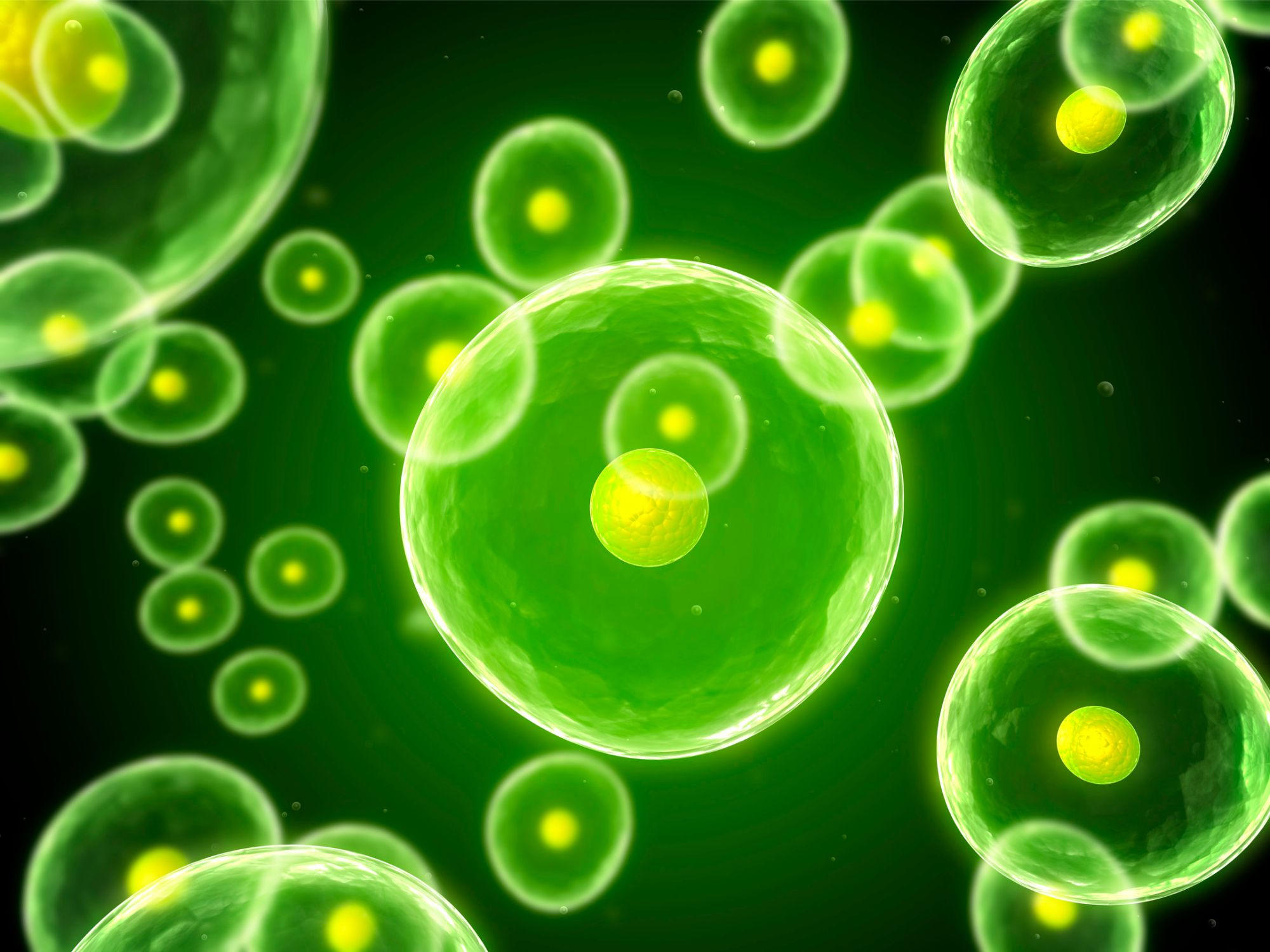
Hypermetabolism: An Unexpected Driver of Biological Aging
The solution could be linked to mitochondria, the energy-providing organelles in cells. This concept is not novel, but until now, there was a lack of direct evidence in human cells. A recent study published in Communications Biology and led by researchers from Columbia University has uncovered th
scitechdaily.com
Mitochondrial defects caused by rare genetic mutations cause human cells to increase their metabolism. Though that helps short-term survival, it comes at a high cost: a dramatic increase in the rate at which the cells age. Hypermetabolism also may be a key reason why most cells deteriorate as everyone gets older.
The solution could be linked to mitochondria, the energy-providing organelles in cells. This concept is not novel, but until now, there was a lack of direct evidence in human cells.
A recent study published in Communications Biology and led by researchers from Columbia University has uncovered that human cells with impaired mitochondria respond by going into overdrive and using more energy. This process, known as hypermetabolism, allows the cells to temporarily survive, but it also accelerates their aging rate significantly.
